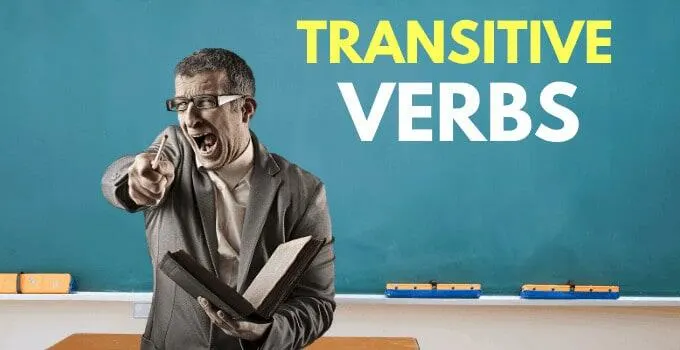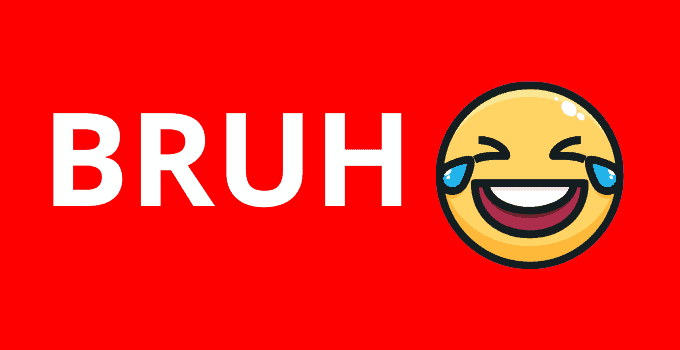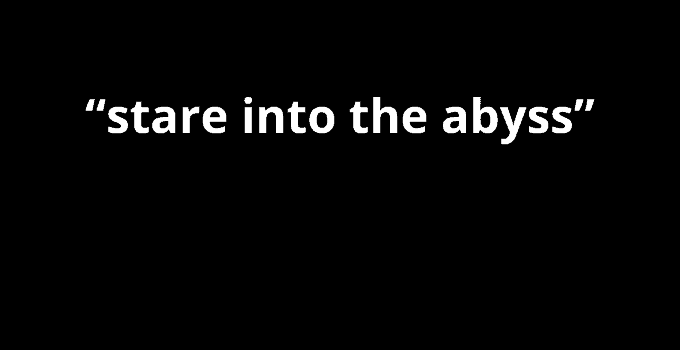Today’s topic is not about rain versus sun (that’s the “weather”) and it doesn’t involve rope, either (that’s a “knot”). Instead, we’re looking at the phrase “whether or not.” How to use the phrase “whether or not” in a sentence The word “whether” is a conjunction used to show that more than one …
English
A gerund is a verb with “ing” added to the end of it. That sounds pretty straightforward, but identifying a gerund is not quite as simple as that because adding “ing” to a noun does not automatically make it a verb. Only some verbs ending in “ing” are gerunds. We’ll discuss more at length how …
Have you ever wondered why some verbs in a sentence need an object while others don’t? You’re not alone. Let’s unpack the mystery of transitive verbs and see how they differ from other types of verbs. Ready, set, go! Table of Contents What is a Transitive Verb? A Basic Explanation of Transitivity …
Time and again, we’ve seen how language evolves by enriching itself from different cultures, sort of like a cook who creates a new dish every night by mixing his old recipes. In fact, as you are reading this article, you are experiencing the result of evolution right now. You see, English is a mutt language, …
When you should and shouldn’t use a comma after the word “recently.” There are a lot of complicated rules in the English language, but commas certainly take the cake. No matter how familiar you are with commas, there are some that can really trip you up. In this article, we’ll look at the word “recently” …
Slang and the Internet have a long history. In fact, the word “emoticon” dates as far back as the 1980s, while examples of the idea itself can be found as far back as the late 1800s. Most Internet slang is much more recent, and acronyms are always popular. This short post will look at the …
Few philosophers are as widely quoted and as widely misunderstood as Friedrich Nietzsche. Although he’s often assumed to be anti-Semitic because of the obsession with his idea of the “übermensch” (superior man), he was actually a vocal critic of anti-Semitism. Additionally, his nihilistic philosophies, which argue that the world has no underlying truth, make him …
Some phrases and expressions can stump even the most fluent of speakers. For instance, plenty of English speakers will say, “I could care less” when they are trying to show their indifference towards something. However, that is wrong. You see, what “I could care less” says is that you sort of care, at least to …
When it comes to articles, English speakers have it easy. They only have to contend with “a,” “an,” and “the.” They don’t have to figure out whether a word is masculine or feminine like their french cousins who have to use “le,” “la,” and “les.” And, both the English and French are better off than …









